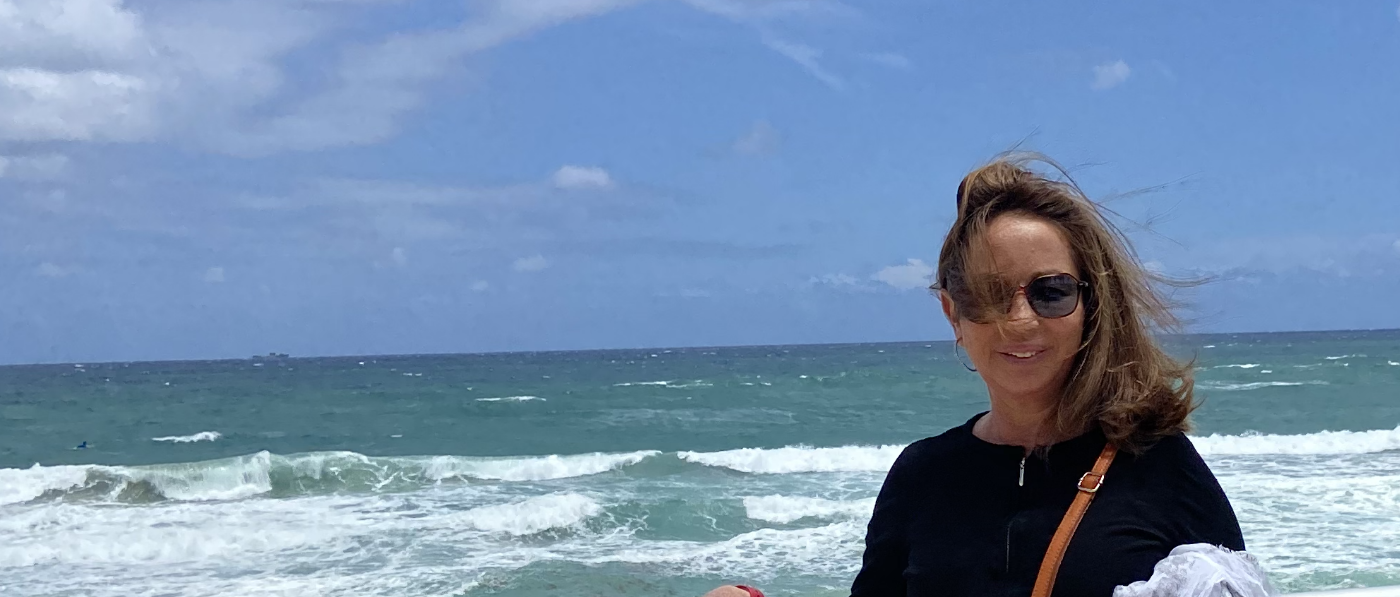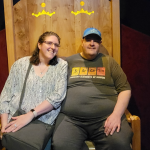10 Getaway Takeaways
A Q&A with Home Hemodialysis and Travel Expert Vanessa
In the last five years alone, Vanessa Evans has been on approximately 29 trips, both for business and pleasure. By some standards that may not seem remarkable, but in Vanessa’s case she has a pretty unique travel “companion” — a portable hemodialysis machine.
Vanessa and her NxStage System One (including a well-worn, sticker-covered hard shell travel case) have been to Florida, Cape Cod, the Bahamas, Las Vegas, and many other destinations, including her favorite journey — a 10-day family vacation to Italy.
“It was just so beautiful,” she recalls. “The people, the culture, the food, the weather … everything.”
A dialysis patient since 1998, Vanessa never wanted kidney failure to limit her, and chose home hemodialysis (HHD) so she could dialyze on her own schedule, whether at home or away. Suffice it to say, she has learned a few tips and tricks over the years. With summer upon us and COVID-19 restrictions lifting in many areas, we thought now would be a great time to get some travel tips from a seasoned pro.
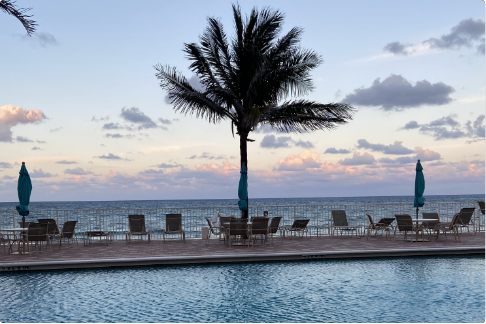
Vanessa: Well, I was nervous. I had not really gone anywhere since COVID-19 hit. I am fully vaccinated so that helped me feel a bit safer, and I also wore a mask and never took it off until I was out of the airport. Everything went fine, and the highlight was seeing my dad who I had not seen in almost two years, because of the pandemic.
Vanessa: Not at all. NxStage systems weigh less than 100 pounds and have a nice, compact footprint (15”x15”x18”), which makes them the most portable HHD cycler available. I can take it wherever I want to go. NxStage also designed travel cases specifically for their cyclers that have been tested for durability. Mine looks like it’s been through a war, but it still works great!
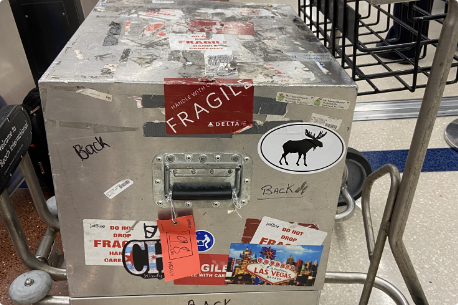
First, call your nurse to put in a travel prescription. Know how many days of supplies you’ll need and the address of your accommodations. Second, call the airline to notify them that you’ll be traveling with an assistive device. And third, call your host/hotel, inform them that you’ll have packages with medical supplies arriving, and ask to have them put aside. Also, find out if there are storage fees. Have your packages arrive a few days before you do to ensure everything is there in advance.
Vanessa: Always call ahead and have someone physically check if your packages are there. When possible, have them take a photo of the boxes so you can be sure. If visiting friends or family, you could even do a video chat and walk them through the list.
Vanessa: I pack all my ancillary supplies in a separate suitcase and put everything in clear plastic bags so I can see what I’m packing. You should have a checklist with your supplies listed. Then you can check items off as you’re placing them in your bag. For longer trips, another tip is that you can ship some ancillary supplies to save luggage space and weight.
Vanessa: I always get a rental cart and have someone help me put the machine on it, then I stack my suitcases on top and head to the check-in line. Tell the person checking your bags that your machine is an assistive device. By law, they are required to allow your machine on the plane and cannot charge you for it. Just in case, I always recommend carrying a copy of Guidance on the Transport of Portable Dialysis Machines by Travelers With Disabilities, and it’s not a bad idea to have a doctor’s note to make things even clearer. Once you arrive, get another cart, and find someone to help again. Try to keep some cash on hand to tip the people assisting you. Be aware, the machine may come out with oversized luggage or on the carousel.
Vanessa: My recommendation is to get set up as soon as you get there, to make sure nothing is missing. Find a place near an outlet, preferably close to a desk or a side table where you can put some supplies. You’ll also want a comfortable chair or couch to sit on. If you can, try to get a room that’s a bit larger. You may even be able to get a room specifically for people with disabilities, which always have a little more space.
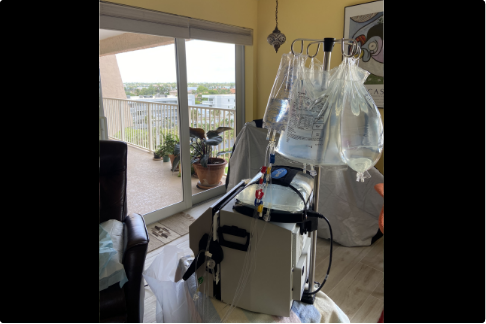
Vanessa: I think it depends on your plans for the day, but when I’m traveling with my family I mostly do dialysis in the morning because I like to get it out of the way. But if we’re getting up early for some kind of excursion, I may do it in the evening. The nice thing with HHD is that I can change my time. I can schedule treatments around my vacation, however that works for me.
Vanessa: Traveling is when you’re creating memories with family and friends and you want to be able to have those experiences, just like everyone else. The freedom to be able to do that on your own schedule and on your own time makes you feel like you’re living a more normal life.
Vanessa: Great question. I would say for that first trip, go local. It can even be across town. Either way, you’ll have to pack up your supplies and your equipment. You can see what that’s like and how it is doing dialysis in a new space. Once you feel comfortable across town try going a little further until you are ready to jet!
For more travel tips, visit https://www.nxstage.com/patients/travel/.
Vanessa Evans is a lifelong traveler and Senior Manager of Advocacy and Communities for NxStage.
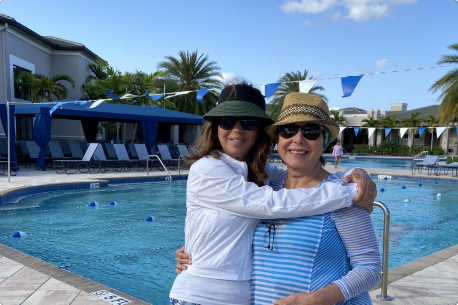
Vanessa’s Pro Travel Tips
- Order one extra day of supplies in case something runs out or isn’t working properly.
- Break down/dispose of boxes as you go through them. This cuts down on clutter and shortens your final day “to do” list.
- Always bring:
- Trash bags for easy disposal of used supplies.
- A small pair of scissors for cutting gauze, tape, etc.
- A pair of pliers for items that might be tough to open.
- A 5 ft. extension cord in case outlets are hard to access.
- A power plug adapter for different outlet types (for international travel).
*Not all patients may experience these benefits.


